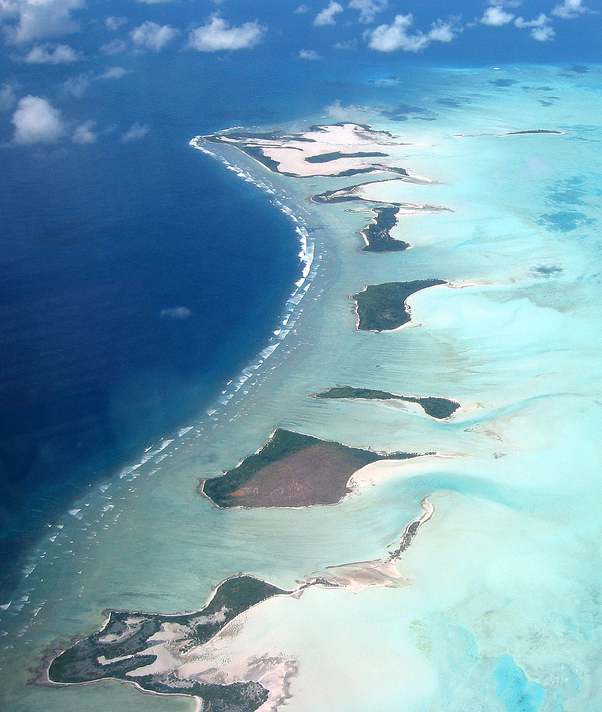Kiribati man's climate refugee bid fails
 A Kiribati man faces deportation from New Zealand, after failing in his bid to become the world’s first climate refugee.
A Kiribati man faces deportation from New Zealand, after failing in his bid to become the world’s first climate refugee.
Thirty-eight-year-old Ioane Teitiota travelled t New Zealand to seek asylum from rising seas that threaten to sink his home, the island nation of Kiribati.
He said he should not be sent back because climate change was making it unsafe for him and his family.
The Supreme Court acknowledged the tiny atoll nation of about 100,000 people was suffering from environmental degradation, but dismissed Mr Teitiota's application due to previous findings that he did not meet the legal definition of a refugee.
It was ruled that he did not face persecution if he returned home, and so was not a legitimate refugee.
“While Kiribati undoubtedly faces challenges, Mr Teitiota does not, if returned, face ‘serious harm’,” the Supreme Court said in a ruling on Monday.
“There is no evidence that the government of Kiribati is failing to take steps to protect its citizens from the effects of environmental degradation, to the extent that it can.
“Our decision in this case should not be taken as ruling out that possibility in an appropriate case,” it said.
Mr Teitiota arrived in New Zealand in 2007, overstaying his visa and coming to the attention of police in 2011 after a minor traffic violation.
He now faces deportation along with his wife and three young children, all of whom were born in Auckland, after the Supreme Court ruling closed his final avenue of appeal in New Zealand.
The low-lying nation of Kiribati – which consists of around 30 small islands - is suffering from environmental problems linked to climate change, including storm surges, flooding and water contamination.
Kiribati's government has even taken the extraordinary step og purchasing 2,000 hectares (5,000 acres) of land in Fiji to be run as a farm for Kiribati if salt-water pollution destroys its domestic crops.
But it may be forced to go further, and is looking at relocating the entire population or even building man-made islands to rehouse them.
It is a response to dire predictions that the sea will rise by one metre by the end of the century.







 Print
Print